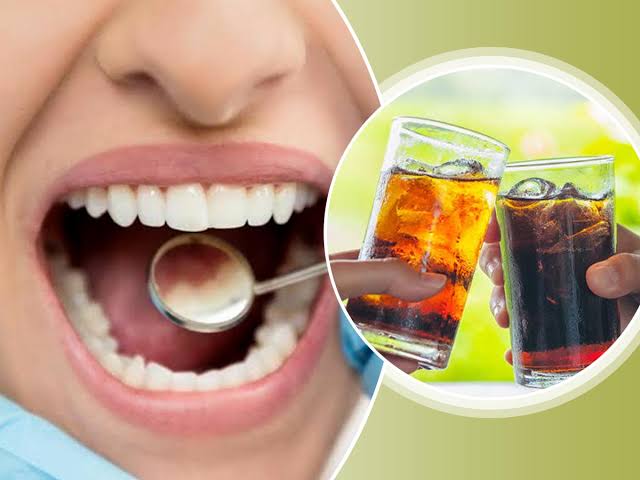
Carbonated drinks are drinks that include carbon dioxide dissolved in water. The presence of this gas creates bubbles and fizzing in the liquid (Zahra et al., 2019).
Carbonated drinks have many potential health problems, including enamel erosion and dental cavities (Majewski, 2001). Erosion starts when the acids in the drinks come in contact with the tooth enamel, which is the outermost protective layer on your teeth. Their effect is to reduce the surface hardness of the enamel. Dental cavities may result from a long-term high intake of carbonated drinks and deterioration in oral hygiene patterns (Cheng et al., 2009).
How to prevent damage to your teeth
The best solution is to stop taking carbonated drinks but when it becomes a habit, it’s difficult for most people to stop. However, the following steps can be taken to reduce the risk of damage from carbonated drinks:
- Reduce your intake of carbonated drinks.
- Use straws to help keep the damaging acids and sugars away from your teeth.
- Rinse your mouth with water afterwards. This will help wash away any remnant sugars and acids, and stop them from attacking your teeth.
- Avoid carbonated drinks before bedtime.
- Get regular dental cleanings and checkups to help identify problems before they worsen.
What other effects of carbonated drinks do you know? How regularly do you visit the dentist?